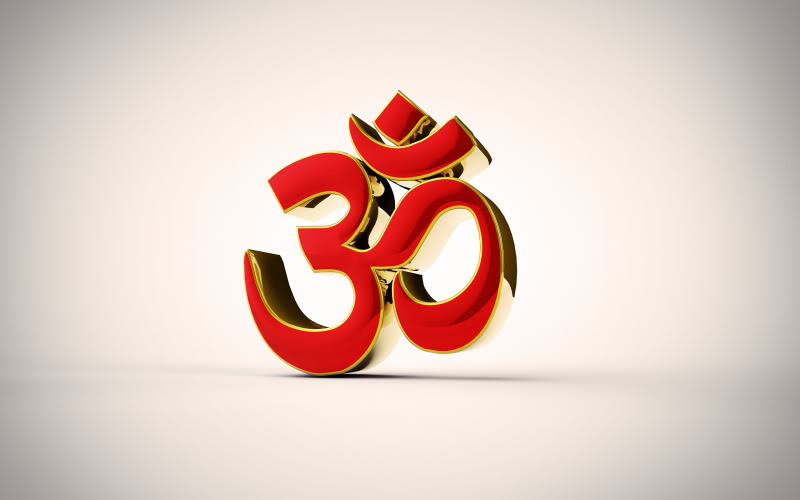How is one to gain this knowledge? (Part 1)
In the fourth lecture we had further explored into what actually belief systems are and how beliefs are being formed. This was a topic that was dealt in two parts. The first part dealt with Perception and the second part with Reasoning or Logic. Both these depend on other factors and hence there may be a need for belief. But the knowledge that we are speaking of-Brahma Vidya does not come under this category, hence it is not belief.
Well, it is knowledge alright, but how can we gain that knowledge?
This is the topic for lecture 5. How is one to gain this knowledge? Well, any knowledge has to be gained by the thinking faculty alone no doubt, but then where can I look up to for this knowledge? Generally in the world when we search for information about a thing, we can get it in many ways. Internet could be one way, libraries could be the other, Universities could be a third way, friends could also be an avenue we mostly seek, do we not? We can rule out the last first, as all are sailing in the same boat. All are ignorant of the ‘me’ that we are searching for, hence friends, relatives, elders in the family may not be of much help, though we could possibly gain some information or opinions about ‘ME’. But then, we have seen, opinions, ideas and concepts which go to make information, are useless in so far as knowledge of Myself is concerned.
We have ideas about ourselves right now and these are the ones that create problems for us. Gaining new notions means purchasing new headaches. Well, can we look up to books and other sources of information? May be in so far as objects are concerned, this avenue may work, but then, we are talking about the SUBJECT-me. Even if we are able to get some information through the books, but then, whatever we gather is left to our discretion, hence it is going to be our meaning and the author’s words. Words are words, inert and they depend upon the person who understands them and more so when the words are in the form of print or audio / video recordings. Further every word has varied meanings and how are we to understand the meaning of the words that the author uses. The word cannot find out whether the reader has understood or misunderstood it, much less can the author find out details about the reader and monitor the impressions that the reader expresses while reading, listening or even watching.
This means that notions cannot be removed, if at all anything is being done, may be some notions are displaced and in the process room is created for new notions to set in. How then can we gain the knowledge? It is only through the help of a Master-non-academic person. At least till now, this study has not been included in the curricula of studies at the University. Thank god that is not done and even if some university does, it is not going to pay any dividends or at least in so far as what it is supposed to deliver-knowledge. This does not mean that University or academic learning is useless-definitely not. Academic learning helps in external growth and is as important as non-academic learning, which is learning at the seminary or Gurukulam, that helps in spiritual growth.
We may raise a pertinent question here, by asking as to how the Master gained this in the first place? The answer is from his Master. But then, how did that Master gain this knowledge? It is from his Master. How did the first Master gain this knowledge? But then, who is the first Master? It would be much easier to answer the question as to who was the first disciple, seeker or student. The answer would be that it definitely ought to be some intelligent, sensitive, mature man or woman. But when it comes to the question of first Master, it cannot but be the Lord. The first student was a human being, who on being unfolded this knowledge and seeing the truth, becomes a Master unto his student. Thus in the world, every Master was a student. Self-appointed Masters are no masters. There is a rich tradition or lineage of teachers of this Brahma Vidya and is a ‘living tradition’.
A Master is different from a Mystic for the simple reason that the Mystic also has the experience as the Master has, but is handicapped, because he cannot transfer or hand over the vision to the seeker. A master on the other hand has not only the experience, but the methodology as he had exposed himself to it. The Master transfers the vision that he has, as it is to the student through the teaching. Hence we find a very beautiful statement in the Brahma Vidya texts, ‘the one who has a Master Knows’. Having a master, is knowing the truth.
A battle that we start in the form of resolving ignorance would only be a long drawn battle, where we could manage picking up some ideas or become totally confused. Awakening is being awake to the need for a Master. Once you gain a Master just rest comfortably and allow the Master / teaching to work on you. It is the Master’s work anyway.

